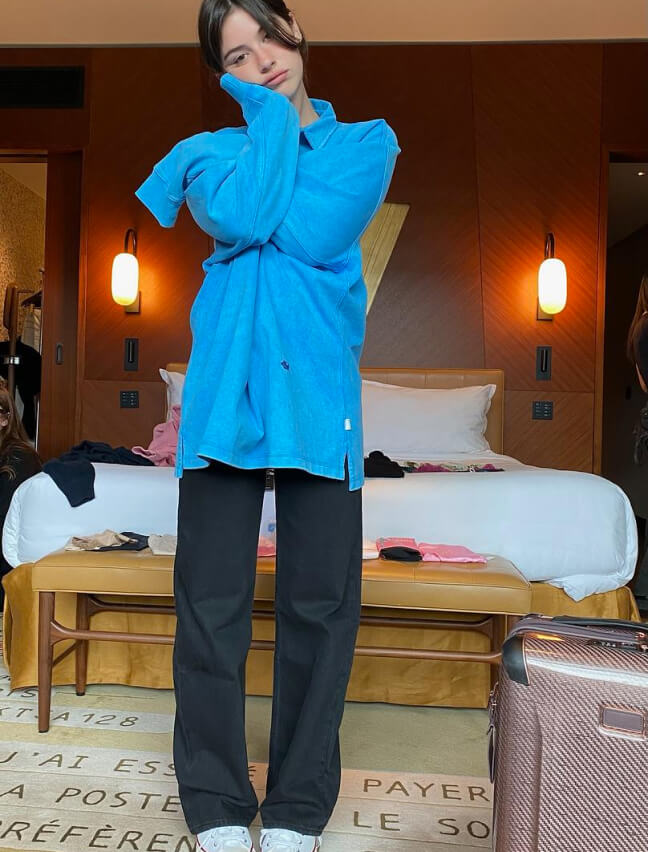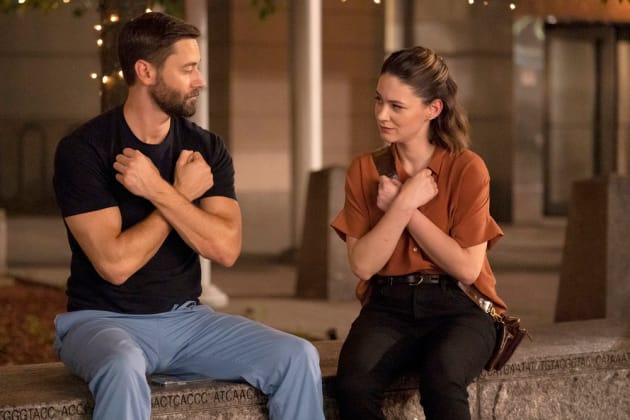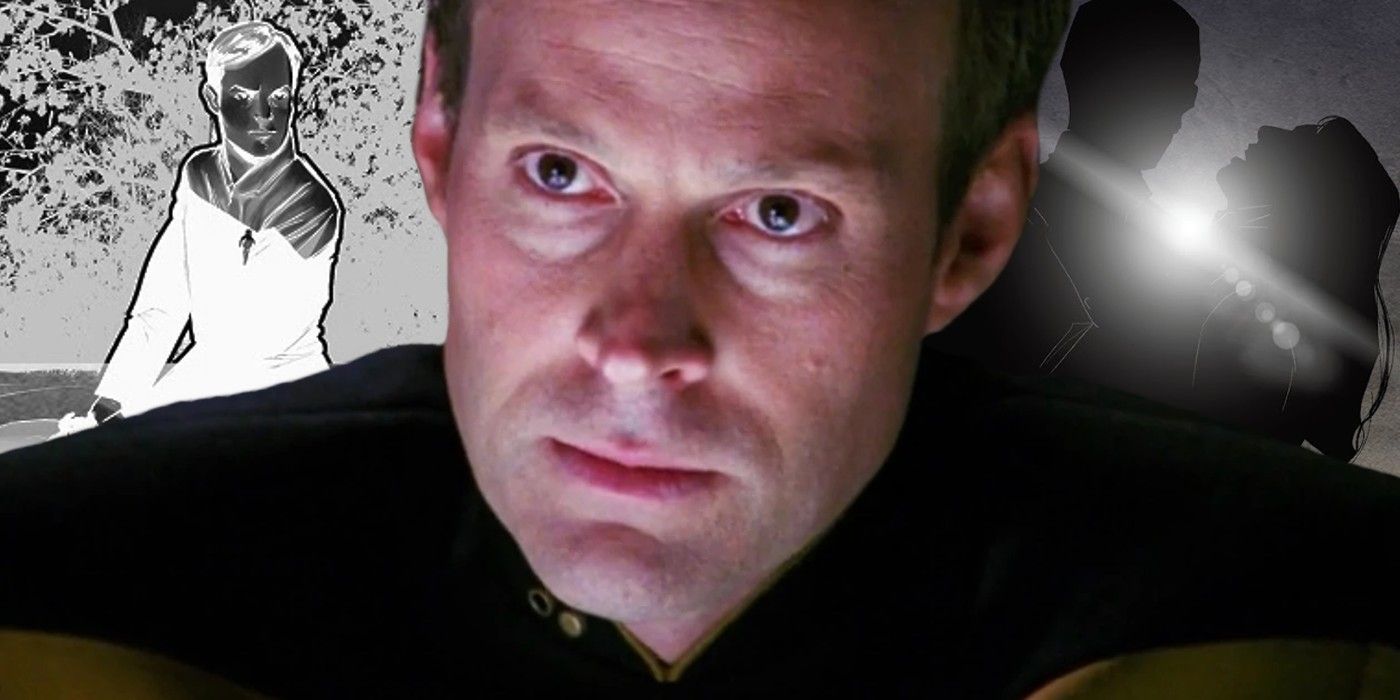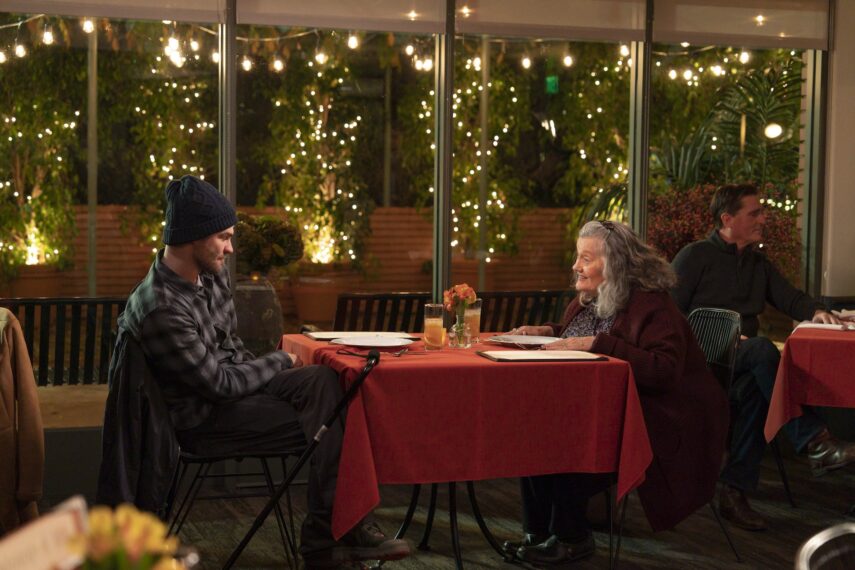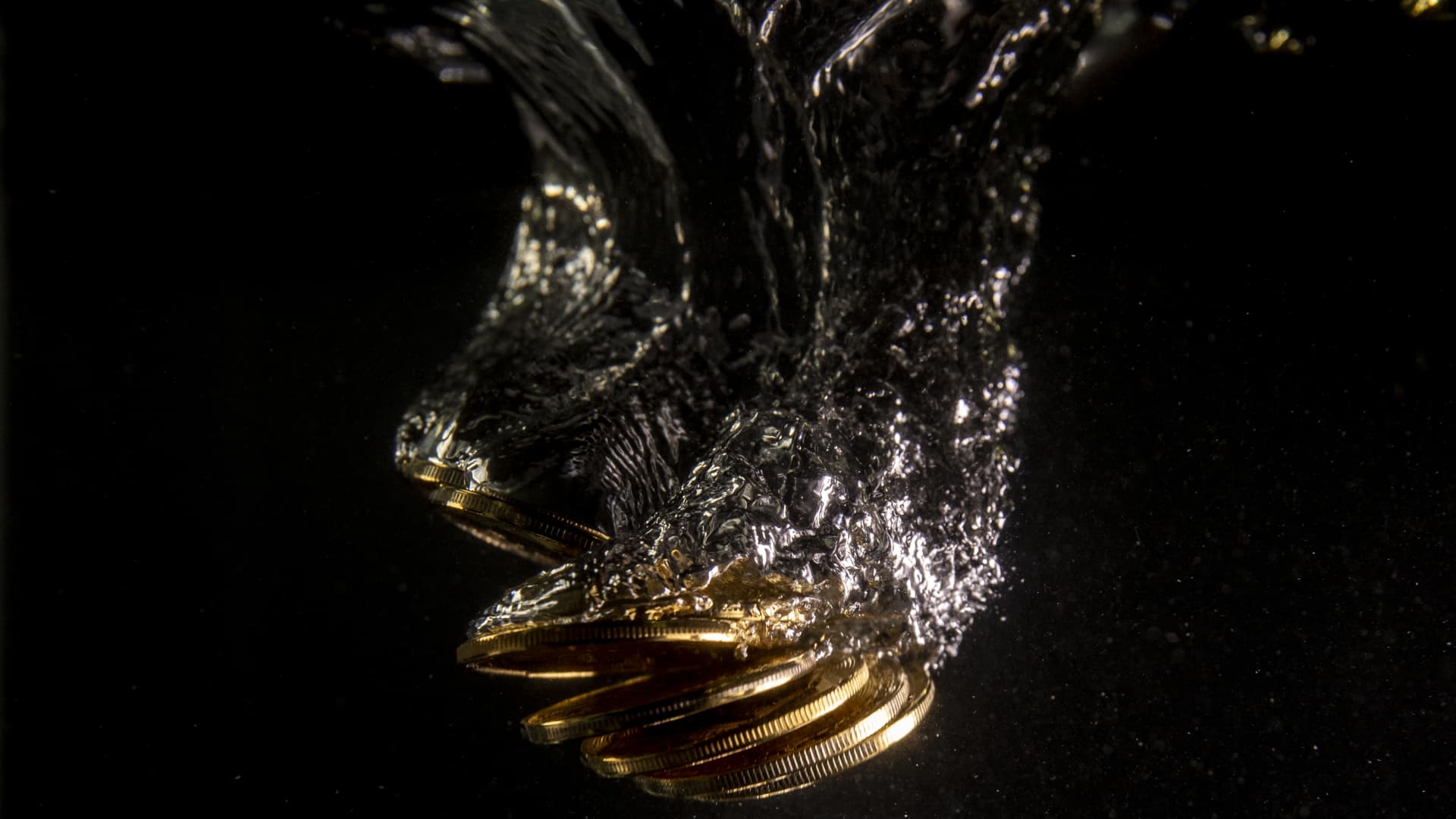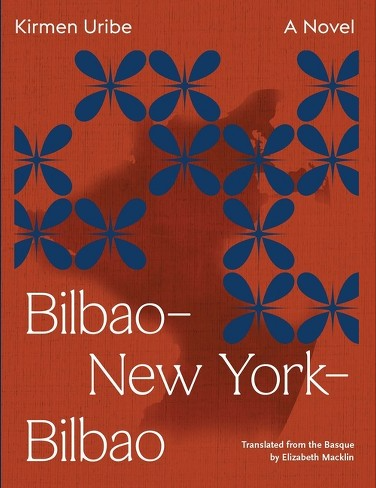
The following is from Kirmen Uribe’s first novel Bilbao-New York-Bilbao. Uribe, who writes in Basque, is one of the most relevant and widely translated writers of his generation in Spain. He has written two collections of poems and four novels. He was selected for the Iowa International Writers Program in 2017 and was awarded the New York Public Library Cullman Center Fellowship for 2018–2019. He teaches Creative Writing at New York University.
About my grandfather I don’t know too much. Liborio Uribe. By the time I was born he was dead and our father didn’t talk to us a lot about his father. He wasn’t big on the past, himself.
A seaman by nature, he preferred to look to the future. About the people in our mother’s family, on the contrary, yes: we know a thousand tales from Mum’s side, stories about one relation and another. But on our dad’s side very few. Maybe because of this, that grandfather made me curious. Among the few things our father did tell was a memory from his childhood, about the way of life in the summertimes. I’d heard him say how when he was little he’d be on the beach the whole day, at the wooden changing rooms Granddad kept for the summer people. He’d help his parents with any number of chores; taking basins of water to the summer people, helping them rinse off, getting the sand off their legs and hanging their bathing clothes on the drying poles. I imagine him entirely silent at this work, carrying water and picking up clothing and, between times, paying attention to the things the summer people said to each other.
“I remember your father very well, he was a graceful boy and a worker,” Carmen Bastida said to me when I paid her a visit at her house in Bilbao. “Those were the best years of my life. Life held no worries for me then, no adversity.”
The Bastida family had three bathing cabanas on the beach. They used to set them up high on the sand, close to the cliffs. Next door was the stretch of beach for the people who engaged in therapeutic nudism, shielded by a tall length of dark cloth. The beach days come gathered together in black-and-white photographs. Showing me the photographs, Carmen tried to explain who each person was. To go by what Bastida’s daughter said, painters, musicians, architects, astronomers met up on the beach at the Bastidas’ cabanas. Most of them coming from Bilbao and Madrid. “But what I loved best was a man from the town, Liborio, the stories he used to tell us.”
Keeping the cabanas was not Granddad’s only way of making a living. He had a small boat, too, to take out fishing, by the name of Dos Amigos. The name of the boat always made me wonder: Dos Amigos – Two Friends. Why ever had he named his boat that, how had he come up with that weird name. And if Granddad himself had been one of the two friends, who had the other one been.
I wanted to unearth that other one, discover why all trace of him had been wiped out. Whether Granddad had gotten angry at his friend. Wanting to answer those questions, several years ago I started tracking down the clues. I felt that Dos Amigos had a novel somewhere inside it, a novel about the fishing world that’s in the process of disappearing. But this was the plan only at the outset. And the search for facts for the novel has taken me down several roads I hadn’t expected, I’ve met up with many surprises.
*
To find out fishes’ age you need to count the growth rings on the scales, and add one year. When they’re larvae, fish don’t have any scales. In the case of eels, you have to add four years. Since eels spend four years as larvae.
They likewise need four years to cross the Atlantic. The tiny elvers make the trip from the Sargasso Sea to the Bay of Biscay in that much time.
My plane will cover the same distance in seven hours. I’ll be taking a flight to New York on this very day, from the Bilbao airport.
*
I get to the airport from Ondarroa before I thought I would. The sky over Bilbao a double-dyed blue. Even though it’s November it’s clear the south wind is going to be warming up the countryside. Autumn is our season for the south wind. In this autumn of 2008, I turned thirty-eight. This autumn when Obama’s just beat out McCain in the presidential race. I have to get on a flight from Bilbao to Frankfurt and from there to New York.
When I go to the Lufthansa counter to check in I hear a ruckus nearby, a surprise, the Athletic Club soccer players were right there, about to get on a plane. And with them the cameras and the press. The players answer their questions with optimism. With a make-believe optimism. An optimism nobody believes in.
Optimism can even hurt you.
Once I’ve checked my bag I get away as soon as possible, to the airport cafe. Noontime light had taken over the cafe. Sunbeams streamed in through the tall plate-glass windows. You could see golden flecks in the air, golden light, in the cafe with its floor awash in paper napkins and its tables full up with dirty dishes.
A boy ordering at the bar starts talking to me.
“What it’s like to be famous,” he says. “The TV and the rest of them all show up to send off the players. They’ll never do that sort of sendoff for our dad. He’s heading out to Chile for six months, to fish. He does six months at sea and two months home.”
A fisherman, and he ships out without a boat, by airplane. It strikes me that the airport’s become the quay of an earlier era.
“Our dad was a fisherman too,” I tell him. “He worked the seas up north, on the grounds they call Rockall.”
The boy’s face stabilises.
“It could be he might know our dad, then . . . ,” he says to me, before he takes up his glasses and makes for their table.
This is what Wikipedia has to say about Rockall island in its entry:
Rockall
Rockall is a small, rocky islet in the North Atlantic. The rock is part of an extinct volcano and is located at 57°35′48″N 13°41′19″W. It lies 301.4 kilometres west of the uninhabited islands of St. Kilda, Scotland, and 368.7 kilometres west of the crofting township of Hogha Gearraidh, on the island of North Uist.
It is 424 kilometres northwest of Donegal in the Republic of Ireland. Rockall is about 25 metres wide at its base and rises to a height of 22 metres above sea level. The rock’s only permanent inhabitants are periwinkles and other mollusks. Small numbers of seabirds, among them kittiwakes, guillemots and gannets, use the rock to rest on in summer. It is impossible to live there. It has no natural source of fresh water.
“It’s impossible to live here,” Maria Gabina Badiola, our great-grandmother on Dad’s side, apparently thought, about Ondarroa. That’s what I gathered especially from our father’s aunt Maritxu in Bilbao, the youngest of our grandmother Ana’s sisters.
When I took up the project of the novel for the umpteenth time, in the spring of 2005, Maritxu was the first person I interviewed. She was the only family member still living from Liborio and Ana’s generation. Our grandparents were dead on both Dad’s side and Mum’s.
When I paid her a visit I heard stories I’d never, ever heard before, ones Dad never told us. The exact names and dates get fuzzy, but I realised that our dad’s whole family history was made up of round trips, flights and returnings.
And always in the background that connection to the sea, oftenest tragic, comical as a matter of course.
Maritxu lives in Bilbao, in the Begoña neighborhood. Maria Gabina Badiola, her mother, when she was widowed, gathered up her children and made for Bilbao, she wanted nothing more to do with the seafaring life. They’d brought her husband home dead from the sea, and her father had drowned as well. They’d seen from the town watchtower how the catboat San Marcos went down right there in the bay, and how it was that Maria’s father, Canuto Badiola, had drowned, along with her brother, Ignacio. They didn’t find Canuto’s body.
So close and unable to do a thing. A few years later Arteta would paint a similar scene, in the canvas called “The Northwester.”
To Bilbao they all went with their mother and turned their backs on the sea. Great-grandmother Maria and every one of the children started work at the Echevarría smeltery, “making nails and horseshoes, nails and horseshoes by the thousands.”
Maritxu told me stories I didn’t know. One about two brothers from Mutriku, for instance, who went to Argentina to work. One of the brothers was blinded in an accident and wanted to go back to the town they’d been born in. His brother helped him on the voyage home. Boarding a ship in Buenos Aires, they crossed the Atlantic and to get to their village boarded a train. They got as far as Deba. The train station was four kilometres away from their town. Leaving his blind brother at the depot, the other brother simply went off, back to Argentina. After an odyssey of thousands of kilometres, he reboarded the train to cross the ocean again. With his birthplace a mere four kilometres distant, he didn’t want to see his home. He left his brother sitting right there all alone. Some nuns finally took charge of the blind man and they brought him home.
Maritxu spoke in Ondarroan, our town’s Basque dialect, but as it had been spoken eighty years before. Periodically she’d drop into Spanish, a legacy of the years she’d lived in Bilbao.
And she also told me how the sister of those two brothers, Josefa Ramona Epelde, married the carpenter Isidro Odriozola. The carpenter must have been an elegant man, one of those men who wore gleaming-white suits. He was from Azpeitia, in the neighboring province, and came to work in the Ondarroa boatyards. But to find himself a wife he went to Mutriku. He didn’t want any Biscayan females and so he crossed the border between the two provinces, to marry in Mutriku.
When their son Jose Francisco got married, Isidro built all of their furniture out of scraps of boats. In Ondarroa people called Jose Francisco Odriozola “Tubal.” The man who would be Maritxu and Grandmother Ana’s father. He had the nickname “Tubal” because he had a boat of that name. From what Maritxu said, Great-grandfather called the vessel Tubal after a book he liked. He read from it every single night.
Tubal, according to the Bible, was a grandson of Noah, and he ended up by chance at the Tower of Babel. Esteban Garibai’s volume Los cuarenta libros del compendio historial de las chronicas y universal historia de todos los reynos de España explains that one of the 72 languages created at the Tower of Babel was Basque, and that it was in precisely that language that Tubal suddenly began to speak.Yes indeed, in Basque. He came to the Iberian Peninsula and settled in comfortably there. This took place 142 years after the Great Flood, in 2163 B.C., all the while relying on the accounts in that old volume. Tubal Odiozola was a hard-working man. He made a deal with a businessman from Navarre named Otxagabia to build his boat. A deal of a certain era, a spoken agreement, nothing written down on paper. Otxagabia would put in the money and Tubal the labor. The boat would belong to both of them, but one would remain ashore and the other would work at sea, as captain. And that’s how he’d pay off his debt. Tubal made good, and even made strides in politics. In Ondarroa they put him in charge of the San Pedro harbor association. He made friends in Bilbao. It was just around that very time that he met the head of the Echevarría plant. For Maritxu those were the happiest years. At home they lacked for nothing. Tubal’s last years were hard, though, Otxagabia didn’t carry out their spoken agreement and Tubal was left without a boat. He made dozens of trips to the courthouse in Burgos in hopes of a decision in his favor. To no avail. He was obliged to work as crew during his final years. Having come down with a mouth infection, he was brought home from sea dead.
Maritxu recalls very well the last time she saw her father. From a distance he was looking out for his little girl. He signalled with his hands, laying one on top of the other in a stroking caress. Maritxu made the same gesture to me, two hands caressing. It means “Love you, love you,” my aunt explained in her diction of eighty years ago.
I hadn’t known of that hand sign, it must have been a signal lost long before.
Maritxu didn’t tell me much at all about Grandmother Ana. Maritxu’s sister was a worker, and that was what killed her, her body sickened out of pure exhaustion. “She should have stayed in Bilbao and not gone back to the village.” But Ana fell in love with a fisherman named Liborio and married in Ondarroa, leaving her mother and her brothers and sisters in Bilbao.
“Your grandmother went through a lot. During the war, too, she was alone for a year, without her husband. She took an official from Franco’s side into her home, Javier, and also a lady whose mother was a prisoner in the women’s prison at Saturraran.”
I frowned.
“Yes, I know it’s startling to have people from both sides in your home in wartime. But ideas are one thing and the heart is another.”
Ideas are one thing and the heart is another. I remember Maritxu’s words when my flight is called. I pass the table where the fisherman who’s on his way to Chile sits with his family. They’re sitting in silence. They don’t say a word to me. At the security checkpoint I put my computer bag, jacket, and belt on the conveyor and go through the little portal. It doesn’t emit a sound.
I pick up my things, and look back. People standing in line to go through security. I don’t see anyone I know. I think of Maritxu’s hand sign. The gesture her father made to her that last time. It was a signal between the two of them, a secret between the two of them. The final one.
And I feel like making the same sign to somebody from a distance; laying one hand on top of the other in a caress, saying “Love you, love you,” silently.
__________________________________
Used by permission from Bilbao–New York–Bilbao (Coffee House Press, 2022). Copyright © 2022 by Kirmen Uribe.















































